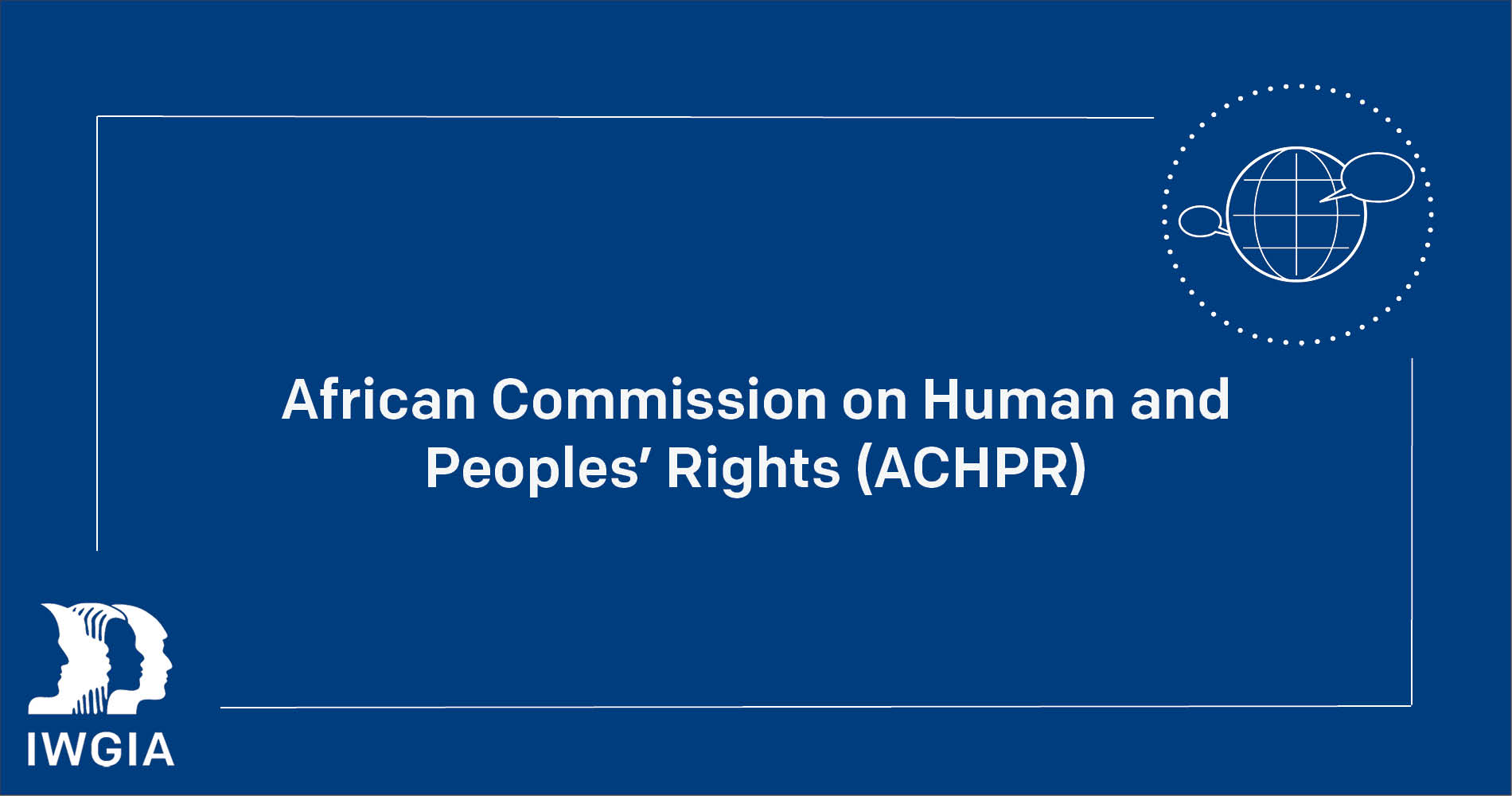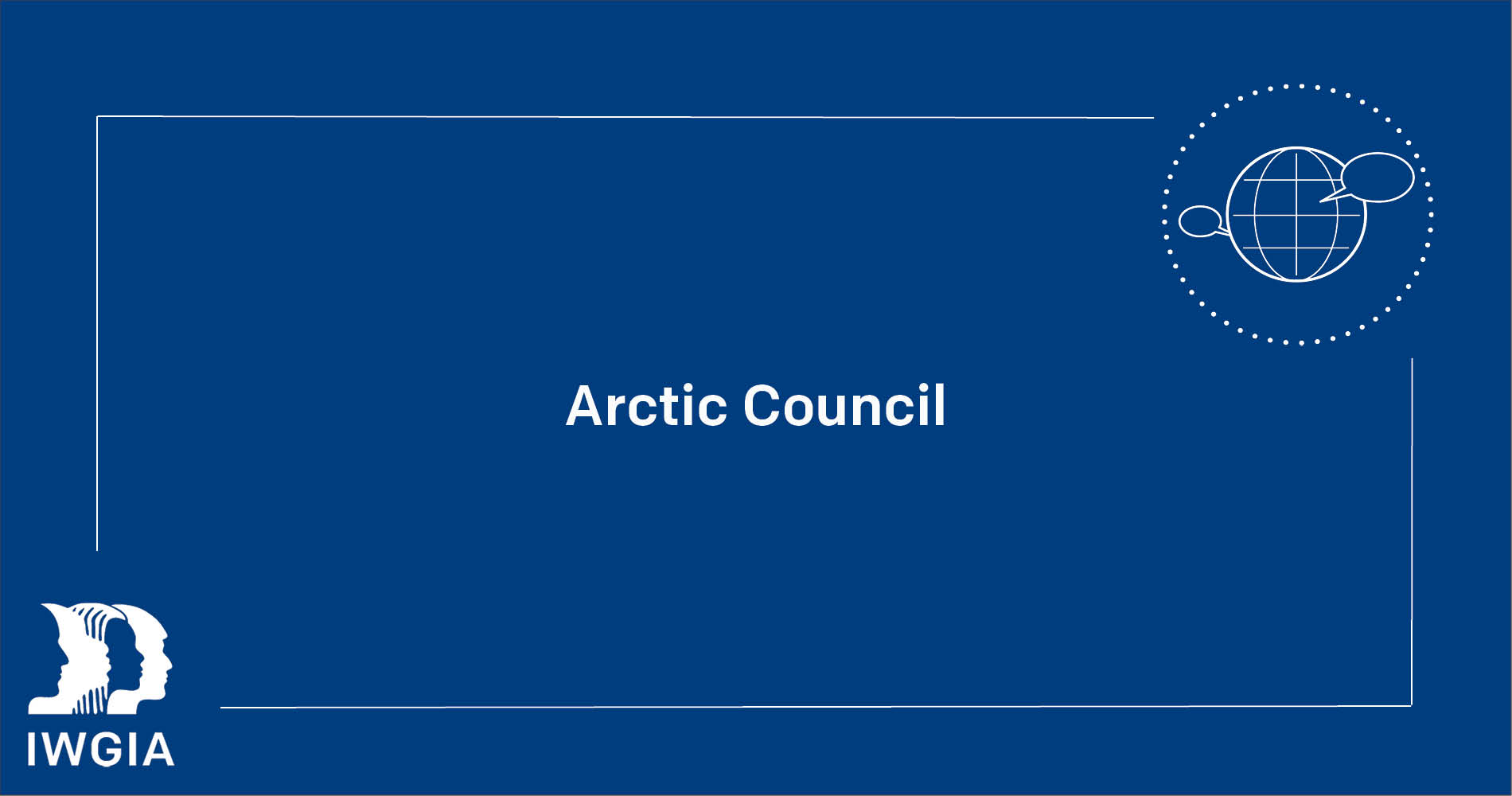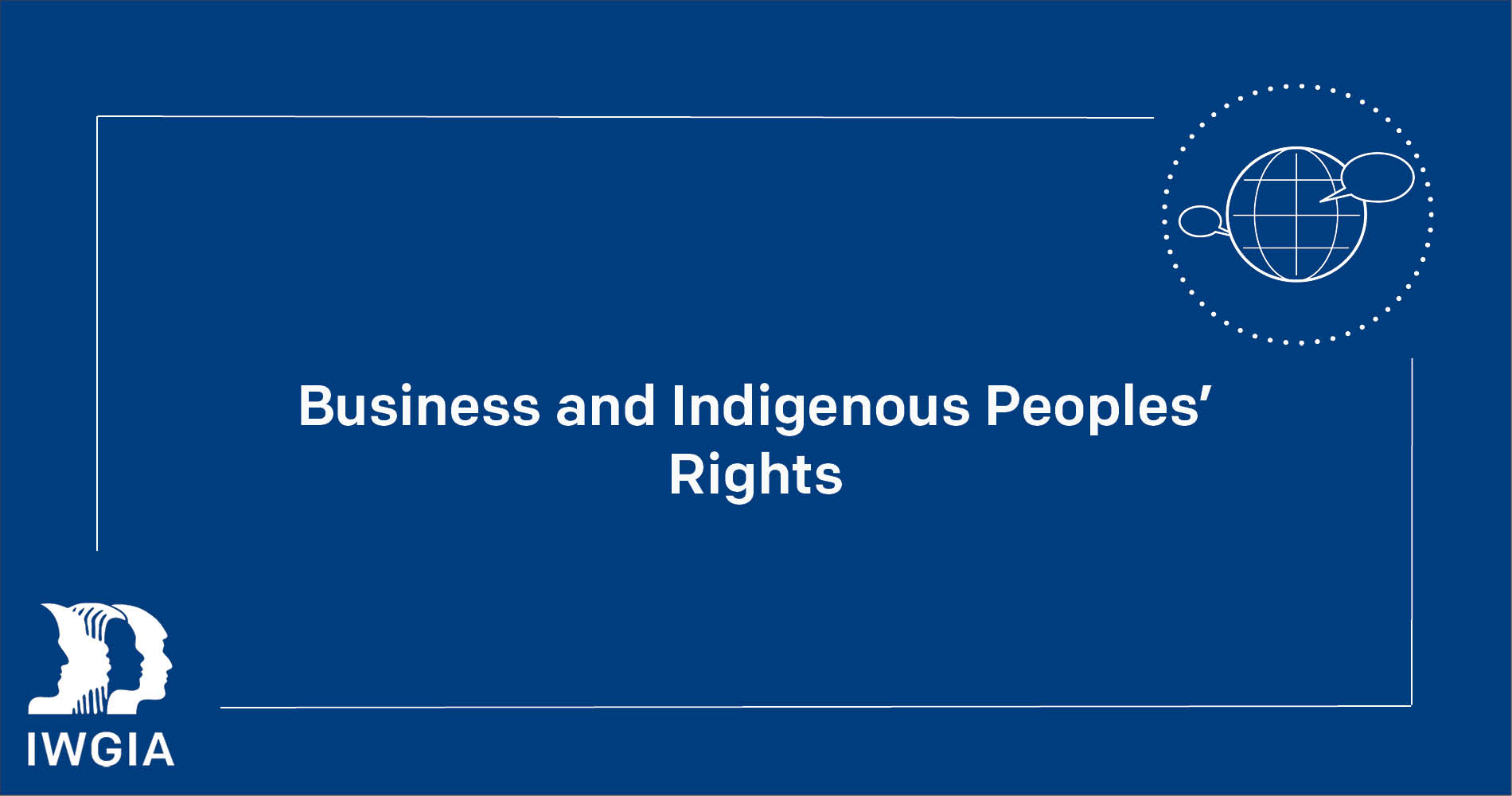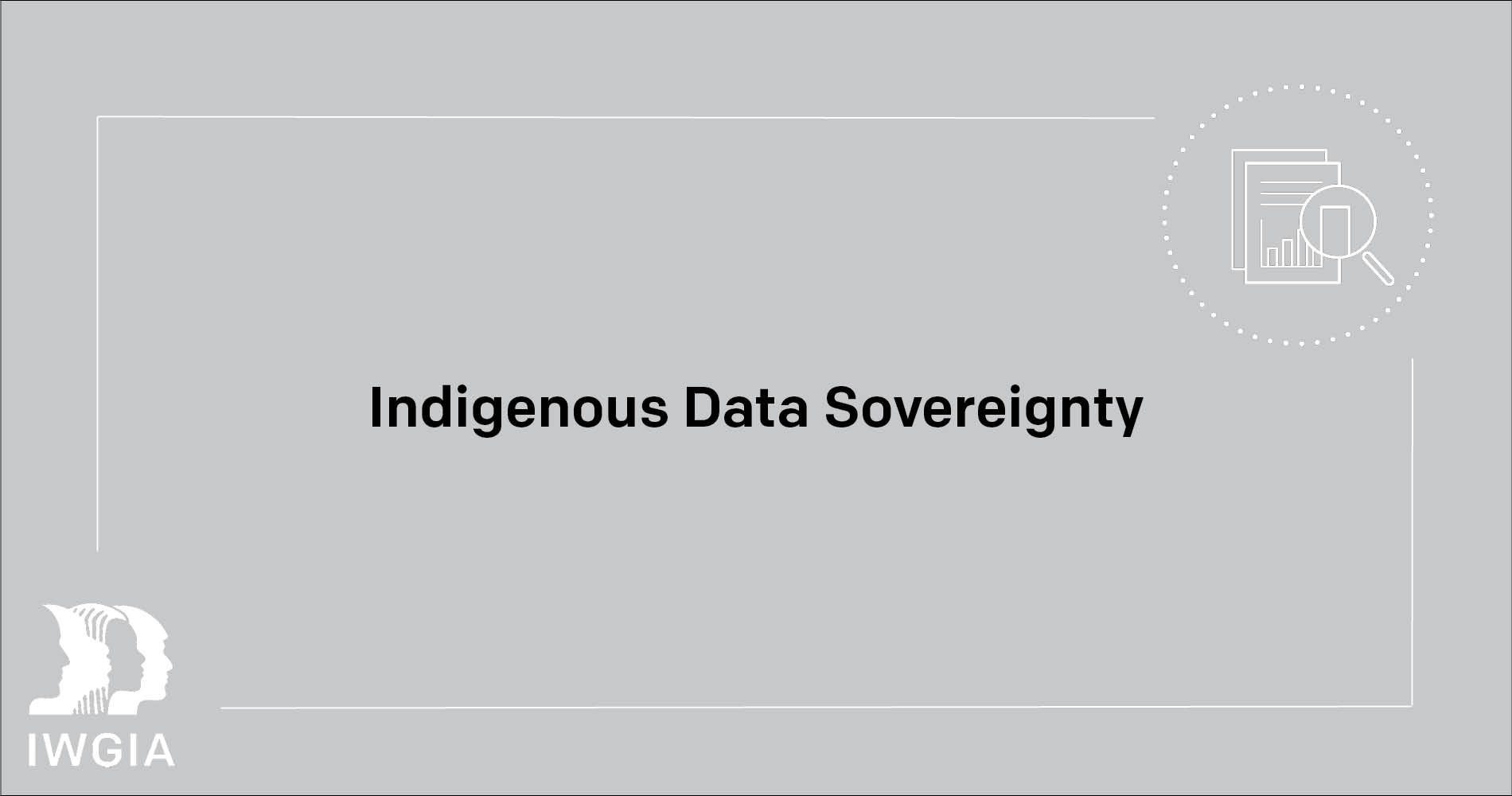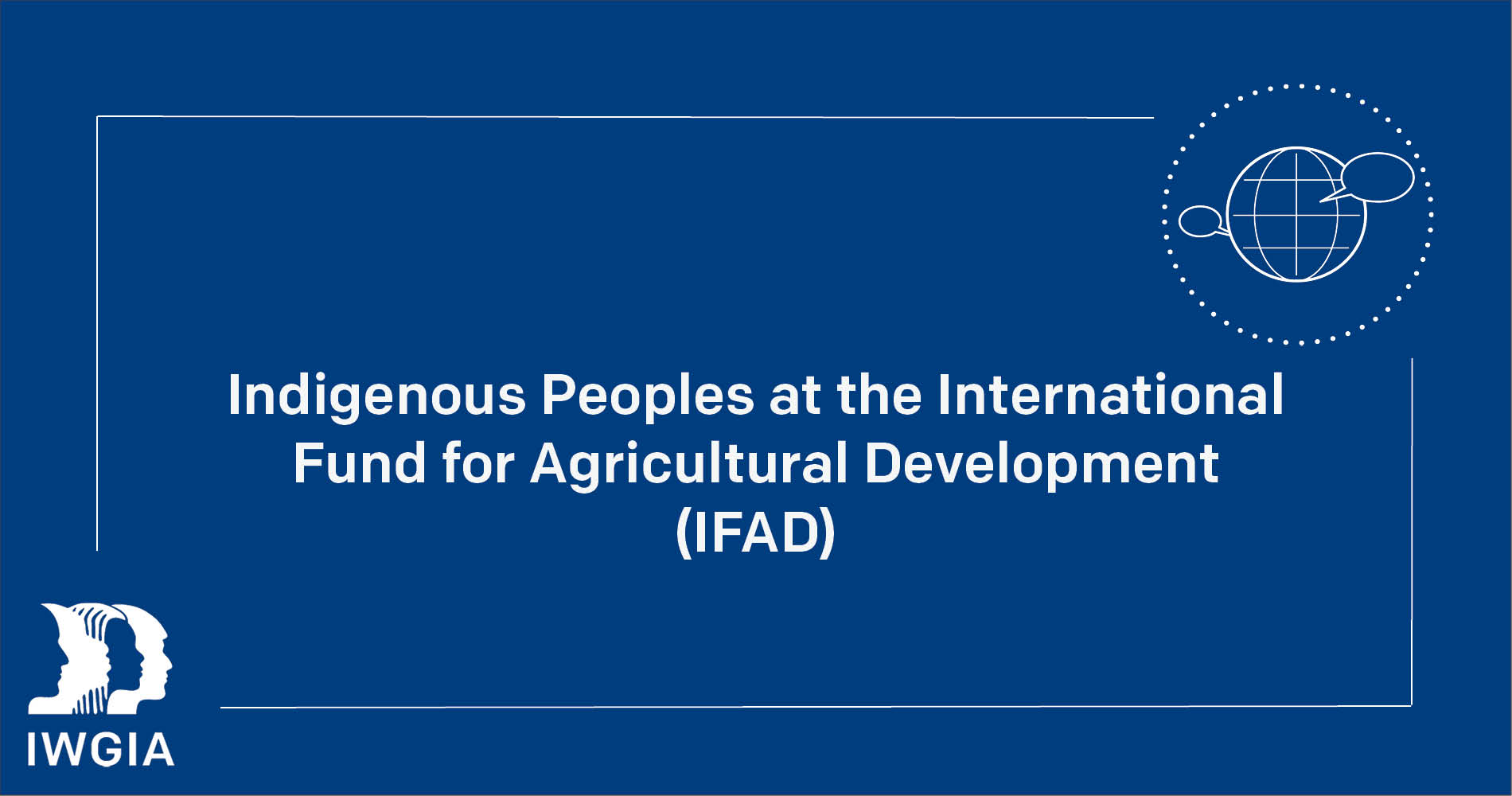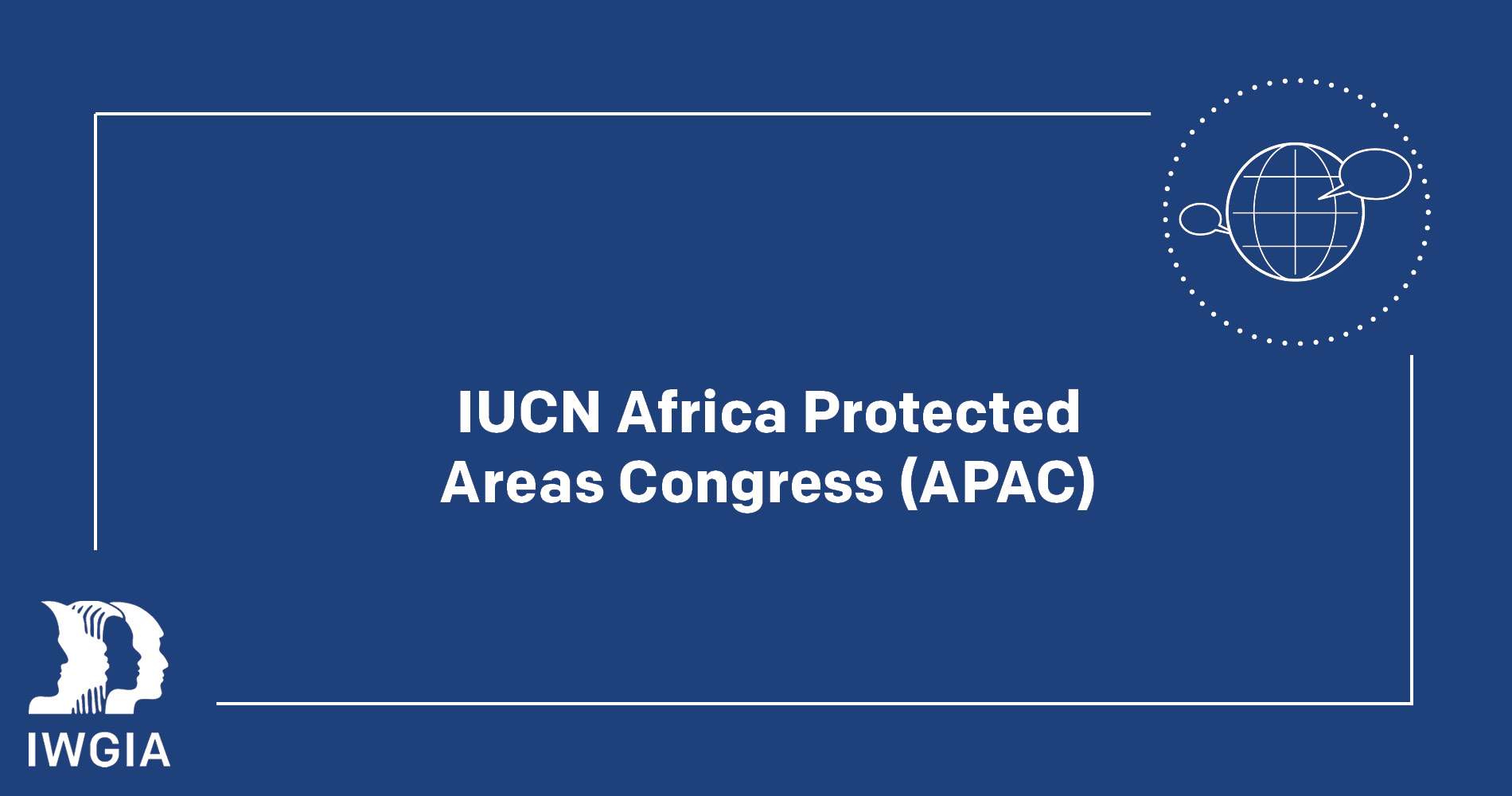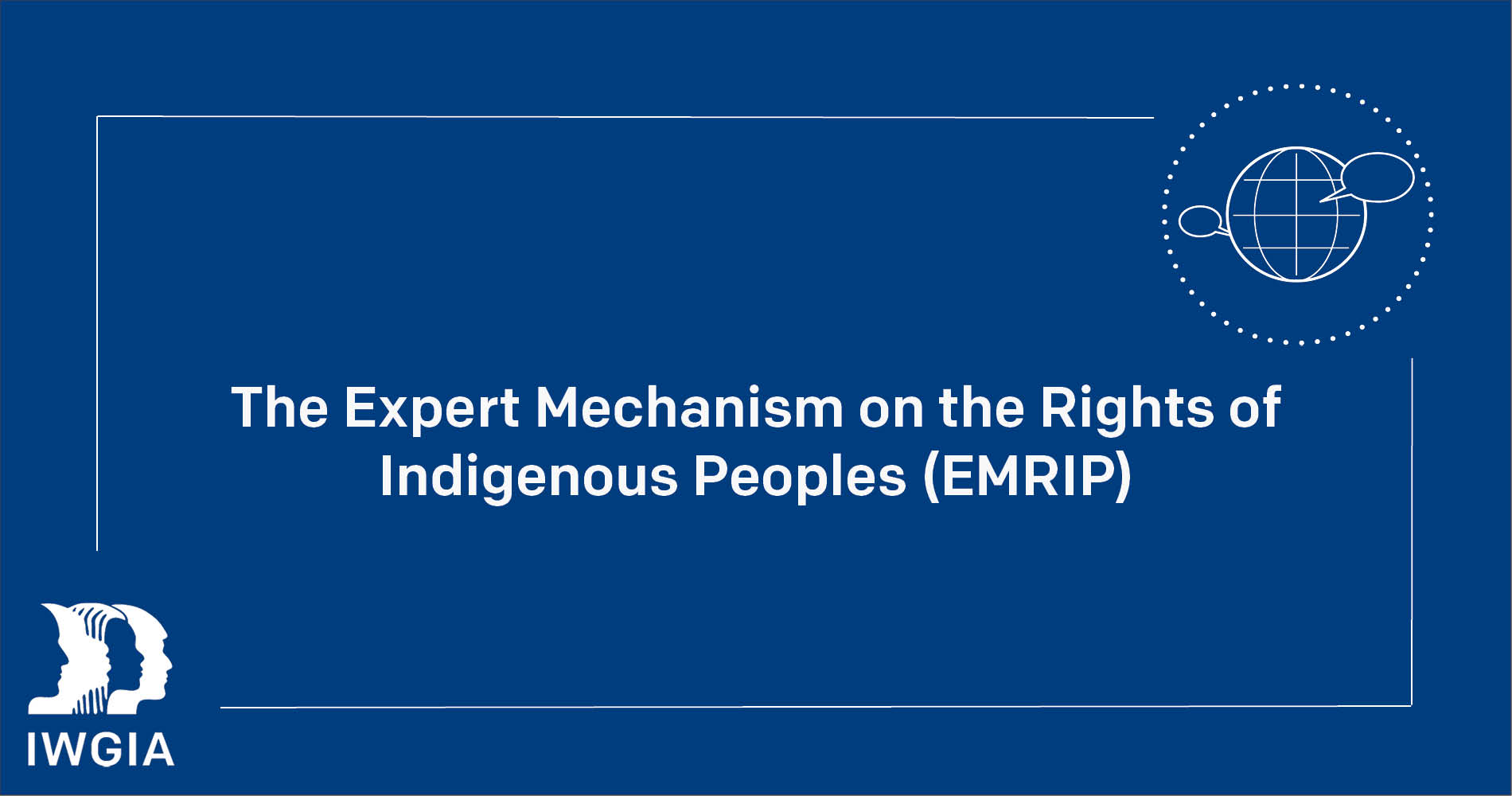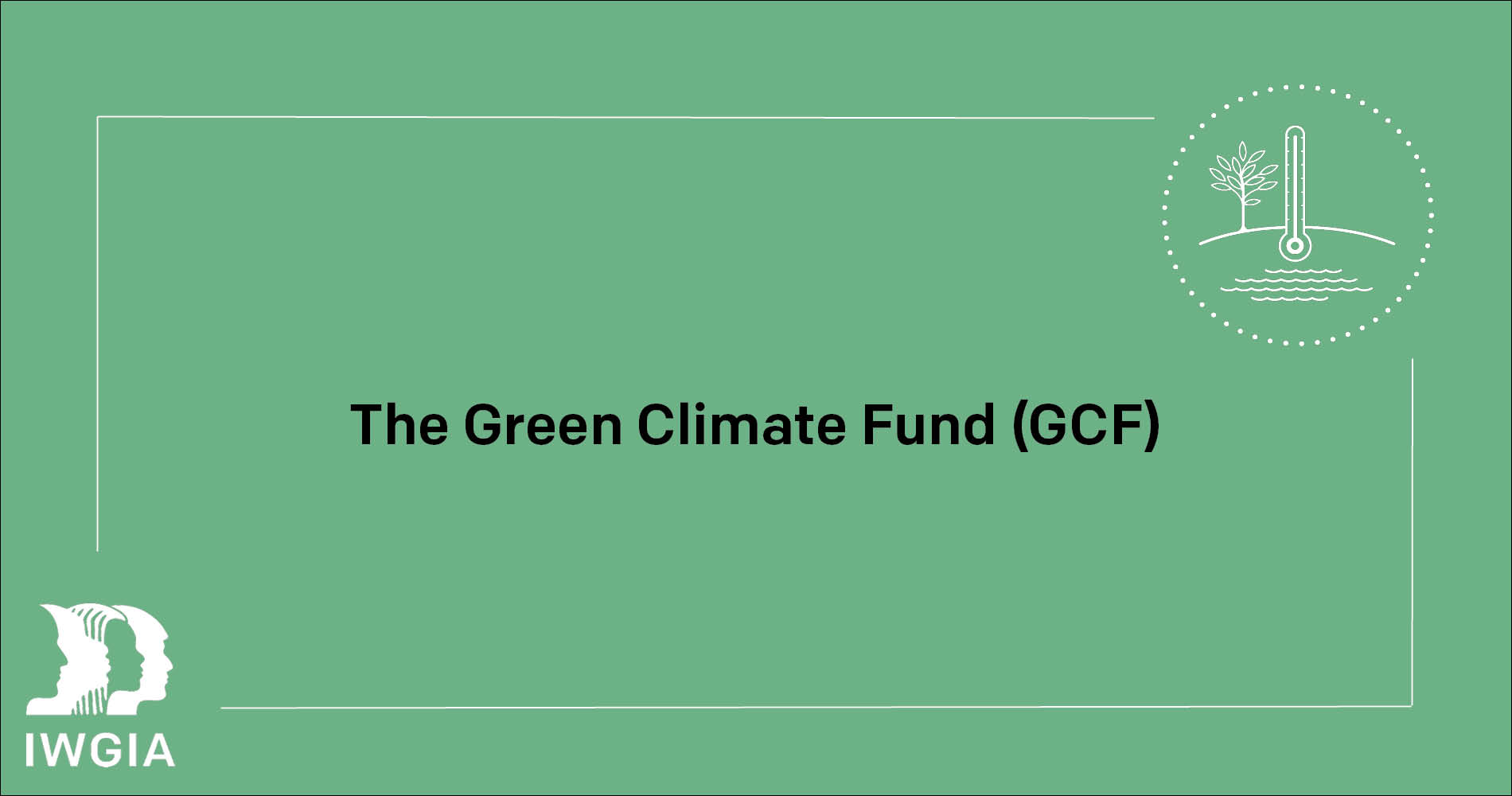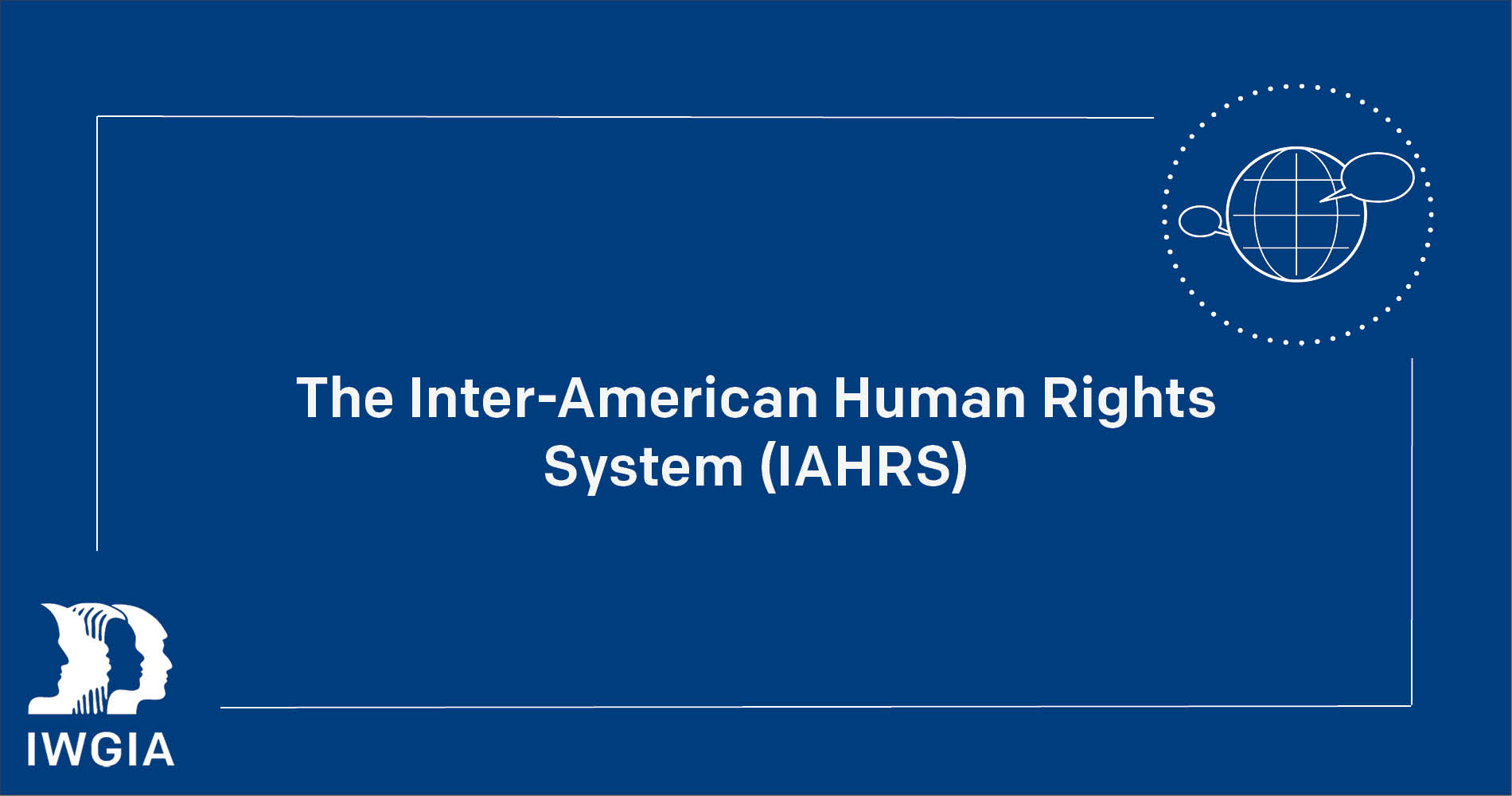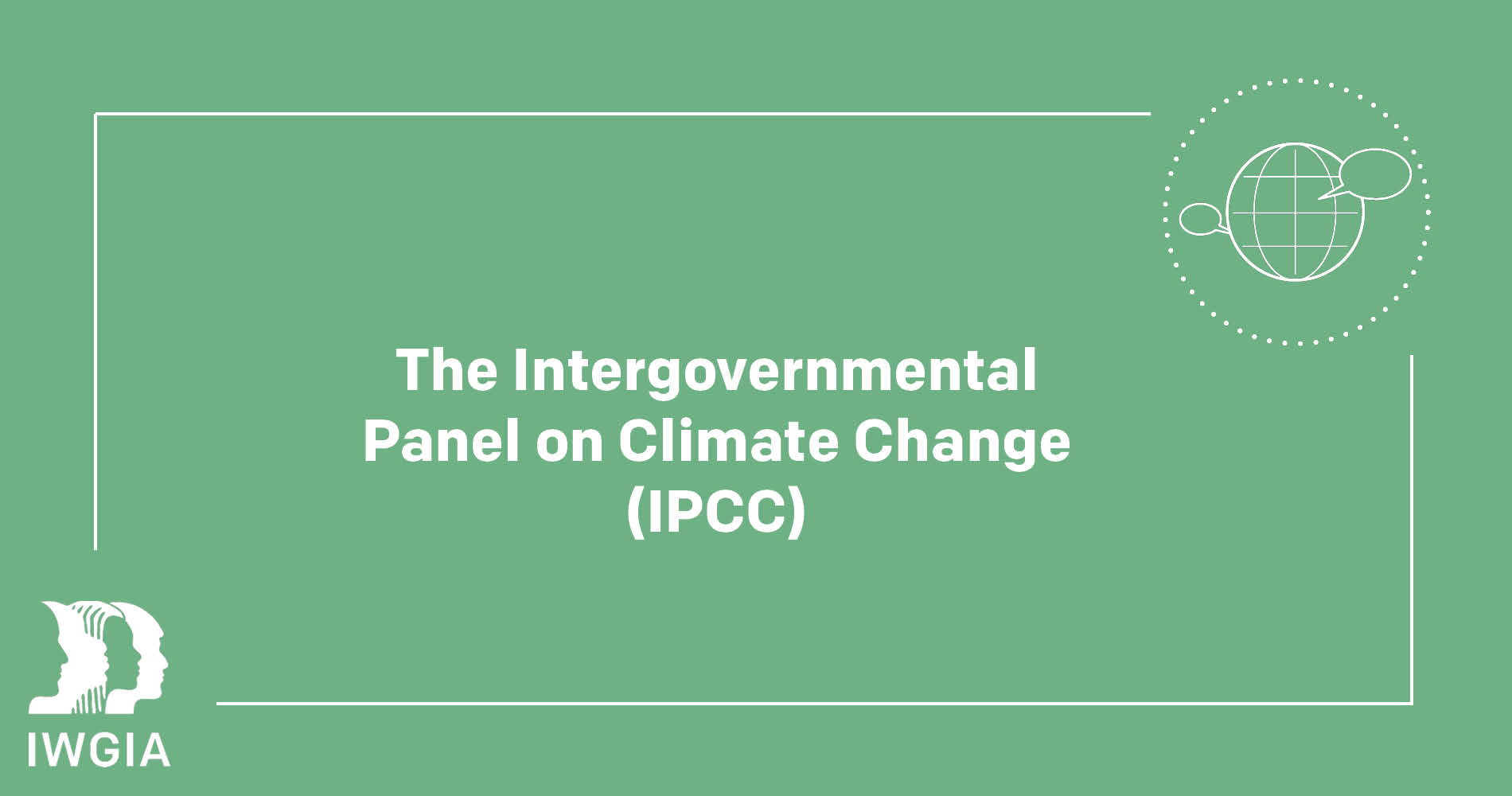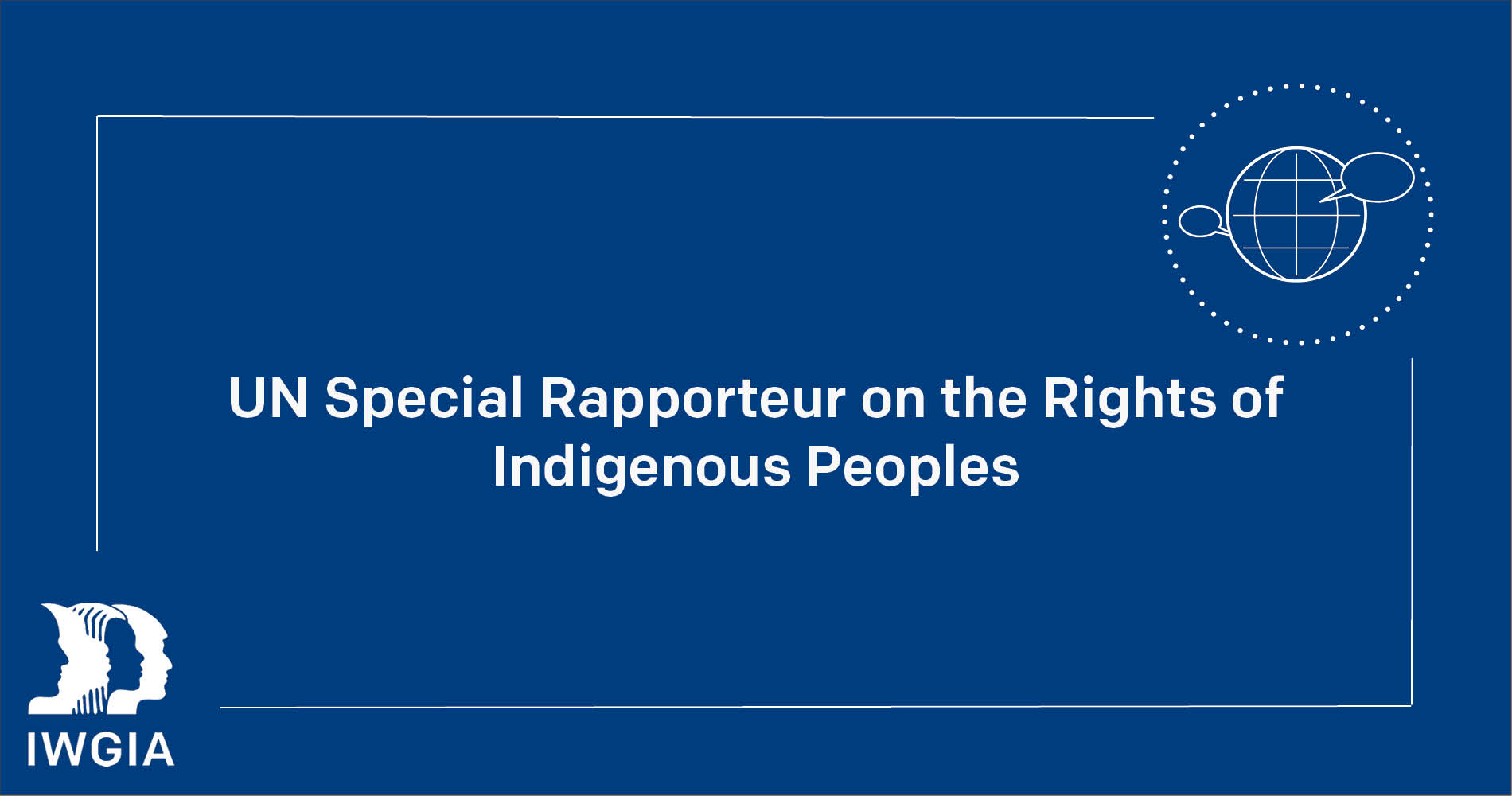Countries
Every year IWGIA reports on the situation of Indigenous Peoples worldwide. Our global report, The Indigenous World, documents the state of Indigenous Peoples' rights in countries on all continents with detailed country reports authored by distinguished experts, Indigenous activists and scholars.
It is IWGIA's hope that Indigenous Peoples and their organisations will find our reports useful in their advocacy work, and that a wider audience will use our information on Indigenous Peoples worldwide. The Indigenous World has been published every year since 1987.
Read all the to-the-point summaries of the country reports here or download The Indigenous World here







































































